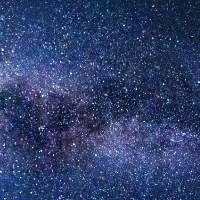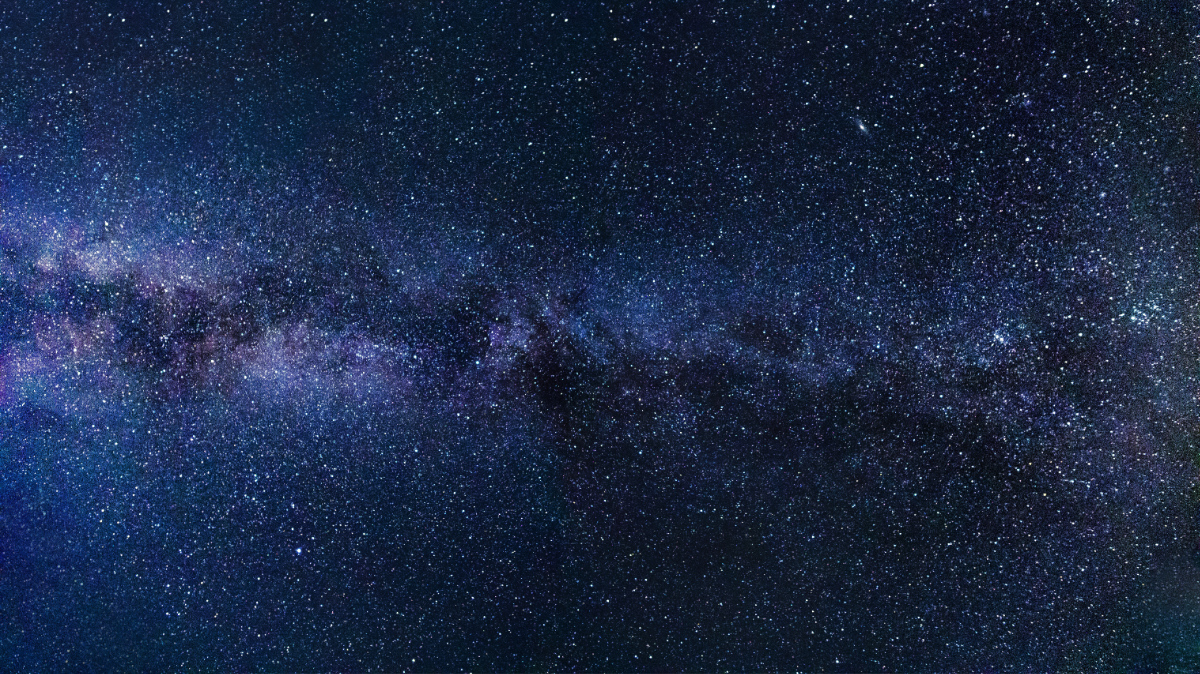 Today I am pondering the potential for the recycling of the universe.
Today I am pondering the potential for the recycling of the universe.
We know that the universe has been expanding from the instant of the big bang, and we also know (well, theorize) that this expansion is accelerating.
I imagine it expanding and expanding, building up more and more speed as the distance between every planet, star, nebulae, asteroid, satellite, black hole, galaxy, photon, and even the dark matter — everything — is increased and the vastness between them expands.
Eventually, at the very limit of its last gasping ability to exist in its sparseness, it starts slowing, then gradually stops in a suspenseful pause.
Then, bouncing from its stand-still, ever-so subtly at first but then speeding up, the imponderably expanded universe starts to contract. After a very long time, if any living things with enough neurons to notice exist, they may see stars start to appear in their long black skies as the universe continues to contract, building up speed while compressing the space, turning vast into compact, feeding black holes, colliding planets, and collapsing galaxies.
Finally, the compressing mass of all the universe snaps into itself: a new big bang at the center of everything, recycling all the contents of this universe to create the next one. Which then starts to expand…
How many times will this happen, and how many times has it already happened? They rightly say we are stardust. But maybe we are also the dust of past civilizations on far-flung worlds.
The big bang to the big bounce. Lather, rinse, repeat ad infinitum.

(Milky Way photo by FelixMittermeier from Pixabay)